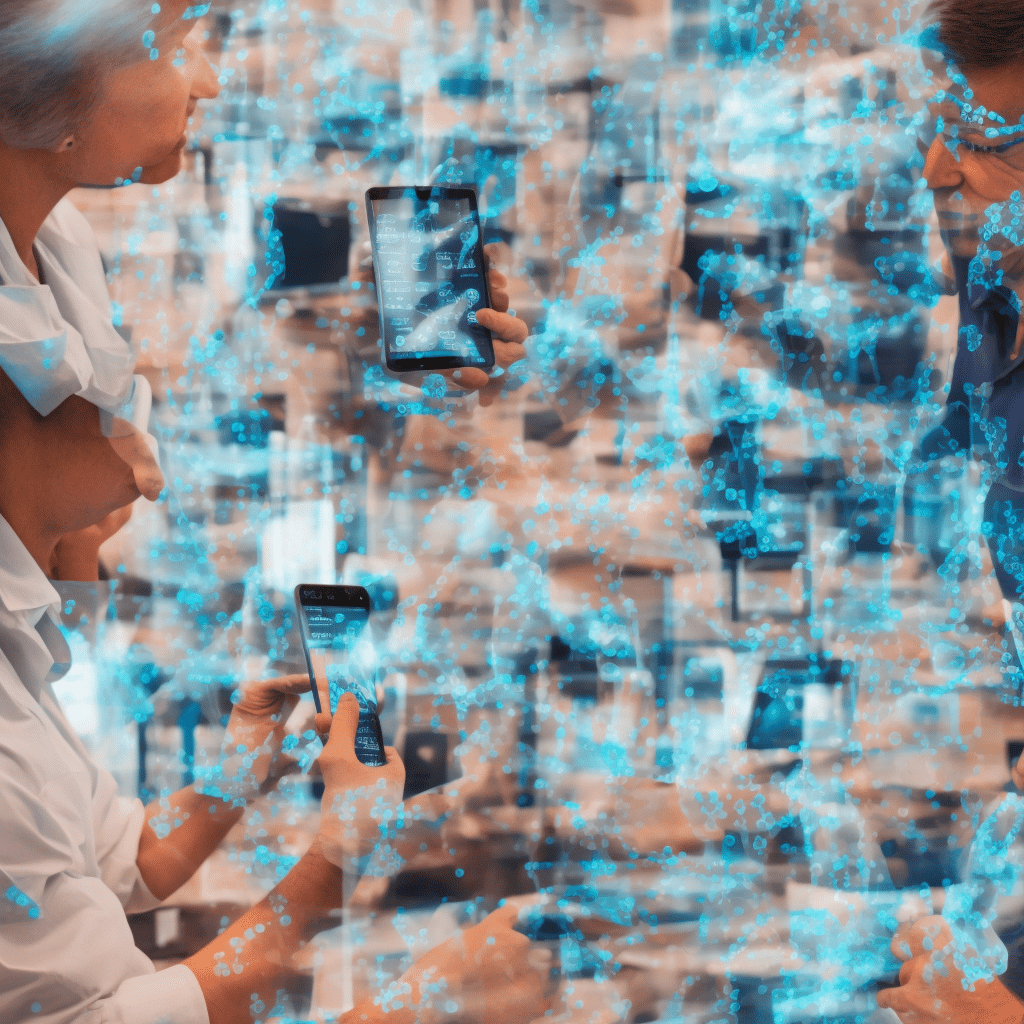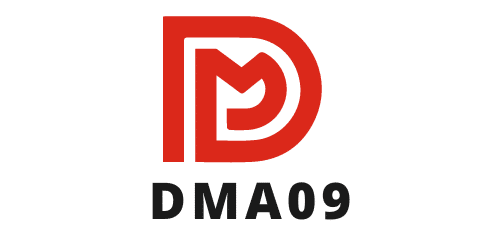What Role Do Smartphones Play in the Evolution of Mobile Health Diagnostics?

The digital age has revolutionized healthcare as we know it. An integral part of this transformation is the use of smartphone-based applications, or mHealth apps, for patient care and monitoring. With healthcare systems worldwide grappling with the challenges of time and resource constraint, the technology-driven mHealth ecosystem is proving to be a game-changer.
The Emergence of Mobile Health (mHealth)
The advent of mobile communication technologies has brought about a seismic shift in the healthcare industry. Mobile health, often referred to as mHealth, is an emerging field within health informatics that leverages mobile and wireless devices to improve health outcomes, healthcare services, and research.
Avez-vous vu cela : The allure of american mystery boxes: what you need to know
Smartphones, with their ubiquitous presence and advanced capabilities, are leading the charge in this revolution. In recent years, they have become powerful medical tools that can monitor vital signs, analyze data, and even diagnose diseases. The increased adoption of smartphone-based applications by both healthcare providers and patients is a testament to the significant role these devices play in healthcare today.
The Power of mHealth Apps
Healthcare apps are not just about fitness tracking or diet recommendations. Today, they are sophisticated tools capable of providing a wide range of health-related services. From monitoring blood glucose levels in real-time to tracking heart rate and sleep patterns, these apps are transforming how patients manage their health.
Sujet a lire : How Is Technology Addressing the Challenge of Global Literacy and Education Access?
But, the real revolution comes from medical apps that are designed to diagnose diseases. Smartphone-based microscope apps can analyze blood samples to detect malaria, while others can use the phone’s camera to diagnose skin cancer. Such advancements in technology are making healthcare more accessible and efficient, especially in remote areas where traditional medical services are hard to reach.
Bridging the Gap with Telemedicine
With the Covid-19 pandemic disrupting traditional healthcare systems, the demand for telemedicine has skyrocketed. Here, again, smartphones are playing a critical role. With a smartphone and a reliable internet connection, patients can now consult with their doctors from the comfort and safety of their homes.
Besides consultations, telemedicine apps also allow for remote monitoring of patients. Doctors can receive real-time data about a patient’s condition, enabling them to make informed decisions without needing the patient to be physically present. This is particularly beneficial for chronic patients who require regular monitoring and for those residing in areas with limited access to healthcare facilities.
Data Security and Patient Privacy
While the adoption of mHealth apps is on the rise, it also raises concerns about data security and patient privacy. Health data is highly sensitive, and its unauthorized access or misuse can have serious repercussions.
As smartphones become the focal point of health data collection, it is crucial to ensure that these devices and the apps they host follow stringent data security protocols. This includes data encryption, secure user authentication, and regular security updates. App developers and healthcare providers must also comply with regulations related to health data privacy, such as HIPAA in the United States.
The Future of Smartphone-based Health Technologies
The potential for smartphones in healthcare goes beyond just apps. With the introduction of wearable tech and IoT, smartphones could soon become the hub of a connected health ecosystem.
Imagine a future where your smartwatch tracks your vitals, your smart inhaler measures your lung function, and all this data is seamlessly integrated into your smartphone. Your phone, armed with AI, not only stores and analyzes this data but also provides you with real-time insights and recommendations.
This is not just a distant dream. With advances in AI, machine learning, and sensor technologies, this could soon be a reality. And with this reality, smartphones will continue to play a pivotal role in the advancement of mobile health diagnostics.
The evolution of smartphones from mere communication devices to powerful healthcare tools underscores their potential in transforming medical care and diagnostics. As we continue to embrace digital health, it is evident that the future of healthcare is not just mobile – it is smartphone-based.
Role of Smartphones in Mental Health Evaluation
The evolution of mHealth apps extends to the realm of mental health as well. With rising cases of stress, anxiety, and depression, particularly in the backdrop of the global pandemic, smartphones have stepped in as an accessible medium for mental health evaluation and care.
These mobile applications, which range from mood trackers to therapy apps, assist with mental wellness in several ways. They provide easy access to resources such as self-help guides, meditation tips, and cognitive behavioral therapy techniques. Some apps even use AI to analyze user inputs and provide real-time feedback or coping strategies.
For instance, several mental health apps use smartphone sensors to detect changes in a user’s voice, speech pattern, or typing speed. These subtle cues can indicate changes in the user’s mental state, providing valuable insights to both the user and their healthcare professionals. With user consent, these apps can also share this data with clinicians, enabling them to monitor patient progress remotely.
Moreover, these apps can help overcome the stigma associated with mental health. They provide a private space where individuals can openly discuss their mental health without fear of judgment. However, much like physical health apps, these mental health apps must also ensure robust data security to protect sensitive user information.
Conclusion: Smartphones- Beyond Communication Devices
In conclusion, the smartphones of today are much more than just communication devices. They have become instrumental in championing the rise of mobile health diagnostics, significantly transforming health care as we know it. Their capabilities extend from monitoring physical health parameters in real time to aiding in mental health evaluation and care.
The increased penetration of smartphones, coupled with advancements in mobile technology, has made health care more accessible to the global population. Healthcare professionals can now leverage the power of big data collected via these devices for improving public health outcomes.
It is indeed heartening to see how these pocket-sized devices are breaking down barriers, bringing quality healthcare to the remotest corners of the world. As we step into the future, we can expect to witness further integration of smartphones with medical devices, making them an even more integral part of our healthcare ecosystem.
However, with this evolution, the onus of ensuring data security and patient privacy also grows. It will be crucial for app developers, healthcare providers, and users to understand and implement stringent data protection measures. As we embark on this journey of leveraging technology for better health, let’s remember that the future of mHealth is not just mobile- it’s in the palm of our hands.
